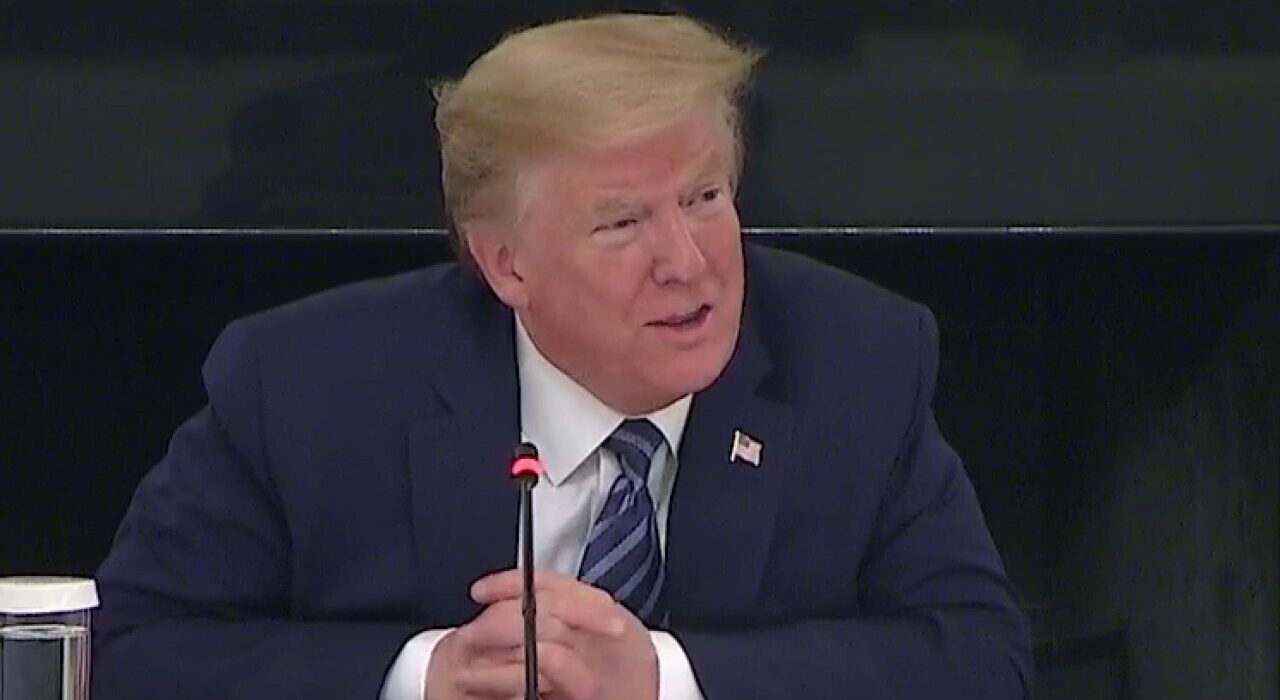U.S. President Donald Trump stirred both praise and controversy during a recent meeting with West African leaders at the White House. The gathering, which included leaders from Liberia, Senegal, Gabon, Mauritania, and Guinea-Bissau, took place amidst concerns about U.S. aid cuts in the region.
In a surprising turn of events, Trump emphasized a shift from traditional aid to trade during the luncheon with the African leaders. This move comes in the wake of significant changes such as the dismantling of the US Agency for International Development (USAID).
“We are shifting from A-I-D to trade,”
remarked Trump as he addressed his guests at the meeting. While this shift reflects a change in U.S. foreign policy approach towards Africa, it has raised concerns about its potential impact on vulnerable populations in developing countries.
A study published in the Lancet medical journal has projected alarming consequences of such policy shifts initiated by President Trump. According to the study, more than 14 million additional deaths globally are predicted by 2030 due to these changes, with an estimated 4.5 million being children.
During his interaction with the African leaders, Trump highlighted recent diplomatic successes on the continent. He mentioned a peace agreement signed between leaders of Congo and Rwanda at the White House as an example of progress made under his administration.
While addressing the guests seated around him at the luncheon table, Trump expressed his observations about Africa saying there was “a lot of anger” on their continent but added optimistically that much progress had been achieved.
The visiting West African leaders took turns commending Trump for his efforts towards fostering peace agreements globally. Senegal’s President Bassirou Diomaye Faye even seized the opportunity to promote investment opportunities in his country during their discussions.
President Faye proposed enticing tourism offerings including a golf course that would be just a six-hour flight away from New York City—an idea that seemed to intrigue President Trump who was encouraged to showcase his golfing skills there someday.
However, it was Liberian President Joseph Boakai who caught Trump’s attention when he spoke eloquently during his remarks at the beginning of their meeting prompting Trump to express admiration for Boakai’s command over English.
Impressed by Boakai’s fluency in English, which is not his first language but spoken widely in Liberia alongside indigenous languages like Kpelle and Bassa among others; Trump quipped humorously that some people present couldn’t speak as well despite English being their native tongue.
This unexpected exchange highlighted cultural nuances and linguistic diversity within Africa while showcasing moments of warmth amidst diplomatic discussions between world leaders.

